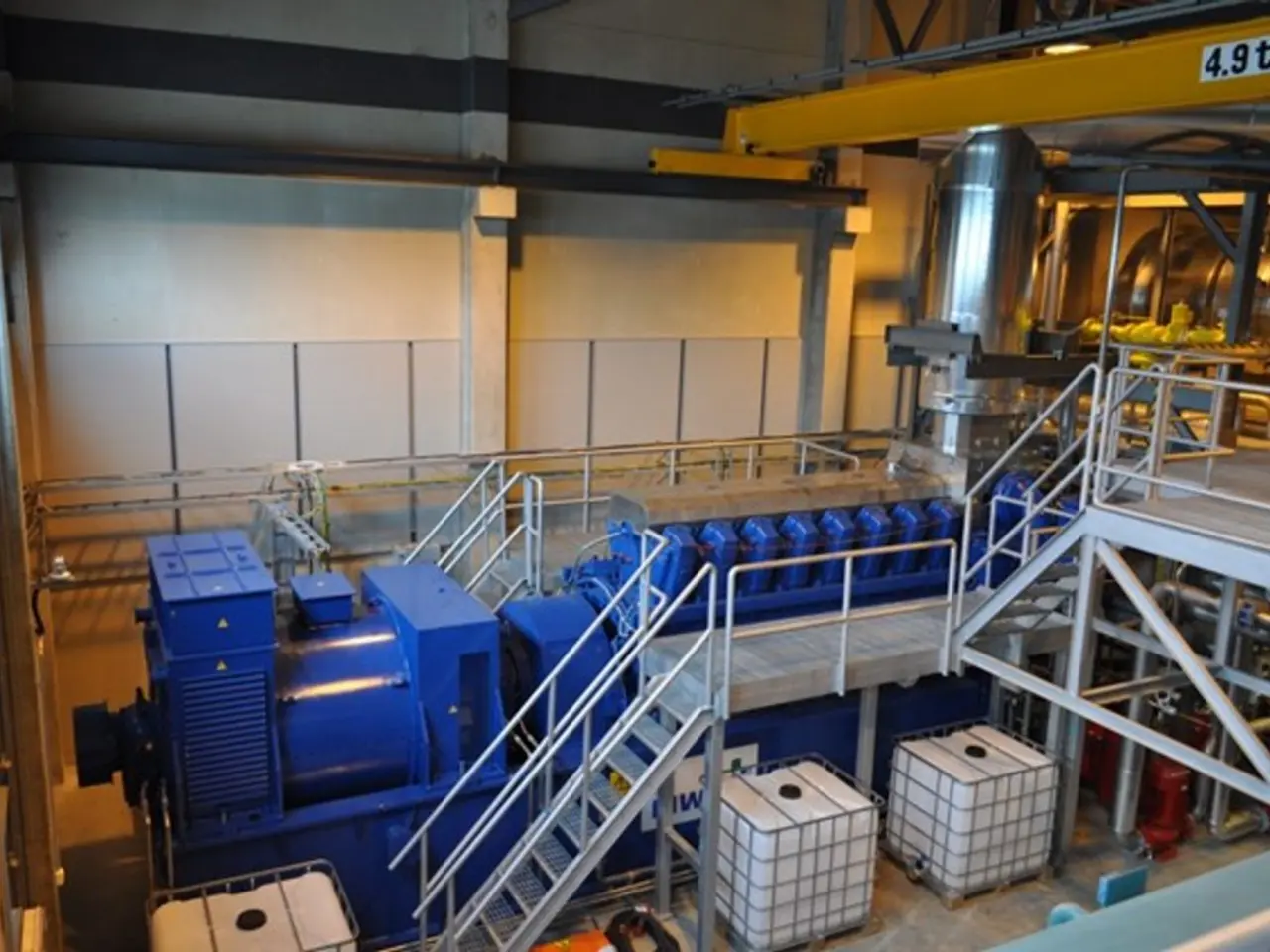Semiconductor sector grappling with a significant skill gap, an estimated 34,000 worker deficit, as industry growth accelerates rapidly
Taiwan Faces Critical Shortage of Semiconductor Talent Amid Rapid Industry Expansion
Taiwan, a global leader in the production of artificial intelligence chips, is grappling with a significant labor shortage in its semiconductor industry. According to a joint report by 104 Job Bank and the Industrial Technology Research Institute, the island nation faces a shortage of about 34,000 semiconductor workers as of May 2025.
The rapid expansion of the industry, driven by increased investment in advanced manufacturing processes, is a key factor behind the talent shortage. This expansion has resulted in a surge in job openings across various categories, including operations/technical support and maintenance, production, quality control, and environmental safety, research and development, and other roles.
| Category | Recruitment Challenges | Job Openings Growth (Oct 2023 to May 2025) | |-------------------------------------|--------------------------------------------------------------------------------------------------------------------|------------------------------------------------------------------------| | Production/Quality Control/Environmental Safety | Difficulty filling jobs despite increased listings. Demand driven by growth in advanced manufacturing processes requiring strict quality/environmental controls. | From 5,600 to about 10,000 job openings | | Research and Development (R&D) | Increased need for specialists to innovate and develop cutting-edge semiconductor technologies. Growing complexity and technical demands raise the bar on required skills. | Rises from 6,000 to approximately 9,316 openings | | Operations/Technical Support and Maintenance | Sharp increase in demand for equipment operators and maintenance personnel due to expansion of advanced production lines and packaging technology. 67% growth in job openings reflects urgent need for technical operational staff. | From 4,300 to about 7,240 job openings |
The labor shortage is further exacerbated by Taiwan's demographic challenges, notably a declining birth rate and an aging population, which limit the workforce supply. Additionally, the increasing integration of AI in the semiconductor industry requires 70% of jobs to feature human-AI collaboration, thereby increasing the complexity of skill requirements.
Taiwan is a key production hub for chips at 7 nanometers and below, accounting for 68.8 percent of the global foundry market in 2023. The increase in job openings is attributed to the demand for equipment operators and maintenance personnel, driven by the expansion of advanced manufacturing processes and packaging production lines.
The output value of Taiwan's IC industry tripled from 2010 to 2023, with among non-managerial positions, analogue IC design engineers earning the highest median annual salary at NT$1.78 million (US$60,292), followed by digital IC design engineers with a median salary of NT$1.57 million.
The report identified three main job categories in demand: production/quality control/environmental safety, research and development, and operations/technical support and maintenance. Recruiting talent for these roles, particularly for operations/technical support and maintenance, has proven especially challenging due to the need for shift work and an emphasis on hands-on, on-site skills.
In conclusion, the talent recruitment struggles in Taiwan's semiconductor sector are primarily driven by rapid industry expansion, escalating demand for highly specialized skills, demographic limitations, and increased technical complexity, including the need for AI-human collaboration in design and operations. These combined factors have made recruitment a major challenge across all key employment categories in Taiwan’s semiconductor sector.
[1] 104 Job Bank and Industrial Technology Research Institute Report, May 2025. [2] Taiwan Semiconductor Industry Association Report, May 2024. [3] Semiconductor Industry Association Global Market Report, 2024. [4] World Semiconductor Trade Statistics, 2023.
- The rapid expansion of Taiwan's semiconductor industry, driven by finance and technology investments, has resulted in a surge of job openings in various categories such as production, quality control, environmental safety, research and development, and operations.
- Despite the high demand for semiconductor talent in Taiwan, the recruitment process is proving challenging due to the increasing integration of AI in the industry, requiring 70% of jobs to feature human-AI collaboration, a skillset that is difficult to find in the finance, technology, and education sectors.




